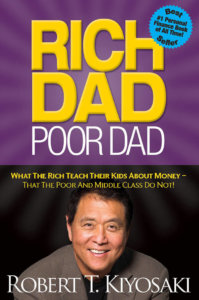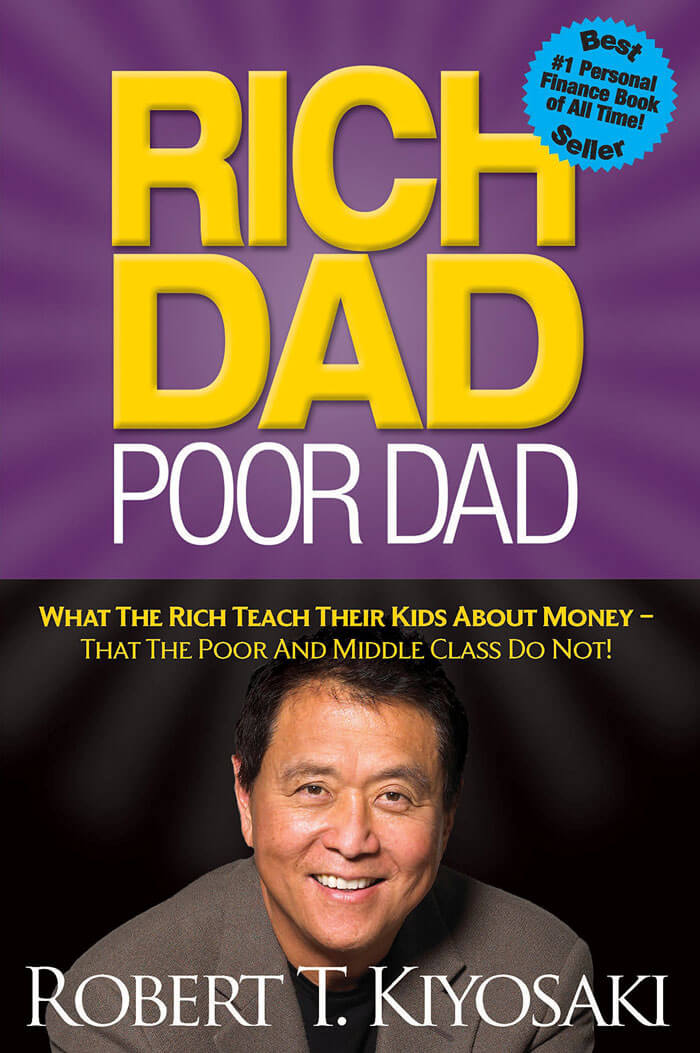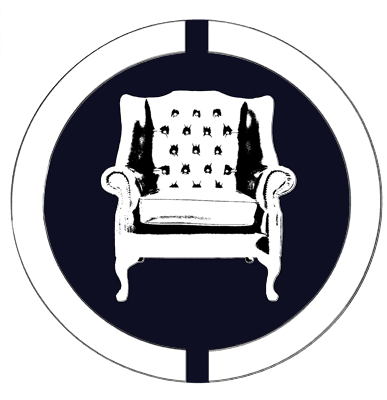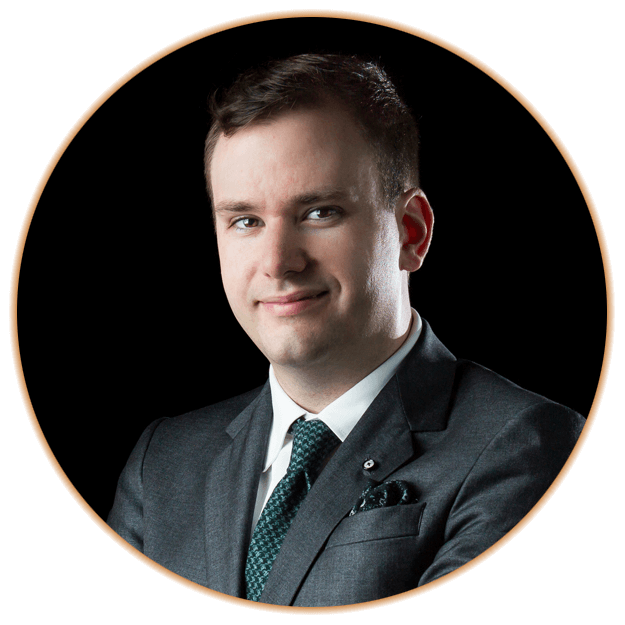Scotch Parlor Library: Rich Dad Poor Dad
LIBRARY
RICH DAD POOR DAD
BOOK REVIEW
LIBRARY
RICH DAD POOR DAD
BOOK REVIEW

BOOK REVIEWED BY:
KAIL LETKEMANN


“SELF-HELP BOOKS ARE CORNY." That’s what I said as I sat across the desk from a friend of mine who became an influential mentor and role model in my life. I didn’t know it at the time, but this was the exchange that would alter my attitude from that point on. “The person you are right now is not the person who is going to become successful. You have to grow.” He handed me a small book, adorned in cheesy self-help colors, the smiling face of the author, and a big bright title that admittedly intrigued me. “Rich Dad Poor Dad.”Those 183 pages taught me a lot. They inspired a journey that has brought me through some fifteen thousand pages of business, personal development, and philosophy books. That was my single step. TWO DADS? Robert Kiyosaki is an American businessman and author who grew up in Hawaii with two influences in his life: his rich dad and his poor dad. His poor dad was his biological father, whom Kiyosaki describes as highly educated but caught in the “rat race,” never able to get ahead financially. His rich dad was his best friend’s father, who was a successful businessman and became one of the wealthiest individuals in Hawaii. Kiyosaki was able to decide at a young age which dad he was going to listen to. He writes about the lessons he learned from his rich dad in an incredibly accessible way. Financial education is one of the primary differences that matter in everyone’s life, and this book sets out to be a starting point for anyone looking to escape the rat race.
“If you want to be rich, simply spend your life buying assets. If you want to be poor or middle-class, spend your life buying liabilities.”
IF YOU LOOK FORWARD TO FRIDAY Do you work for a paycheck? Chances are the answer is "yes." We need money to pay the bills, and we need to work to earn money. But this is the first mistake that Kiyosaki says the poor and middle class make. This lesson is explained in a story about Robert and his friend Mike who agree to learn from Mike’s Dad—Kiyosaki’s rich dad—and end up working in his shop for next-to-no pay. The two boys quickly feel frustrated that they are being underpaid and believe they're not learning anything. When they decide they are going to quit, Rich Dad teaches them a lesson on why both of them are feeling the way they feel. “The poor and middle-class work for money. The rich have money work for them.” Learning this lesson is the reason I’m comfortable investing time in things that don’t pay me immediately. Without reading this book when I did, there’s a chance I would still have the habit of quitting too early.SPORTS CARS ARE NOT ASSETS I don’t have a healthy history with spending habits. By the age of 25, I had spent a considerable amount of money on sports cars, fancy clothes, and expensive toys. I thought I was enjoying what successful people enjoyed, and I believed these purchases made me happy (and made me look cool). Then I learned another critical distinction from Rich Dad Poor Dad—the difference between assets and liabilities. “An asset puts money in my pocket. A liability takes money out of my pocket.” My sports cars took a lot of money out of my pocket. I realized that my ego and my fear of looking like a failure crippled my ability to accumulate real assets and long-term wealth. Needless to say, the cars had to go. Too many of us spend time and money on things that make us feel good at the moment. We do not look at it with a perspective of how our current lifestyle affects our lifelong prosperity, and ultimately, our happiness. IS IT FOR YOU? I love that much of Rich Dad Poor Dad is written in a story-like fashion. It is remarkably accessible for novice readers, and yet, five reads in, I am still pulling out new insights. The principal characteristic of those who have pulled away from middle-class life is their knowledge of, and perspective on, money and finances. If your daily life feels like a hamster wheel, I don’t think you have an excuse not to try reading this book to learn how others have set themselves free.
THE SCOTCH PARLOR LIBRARY
INTRODUCTION







